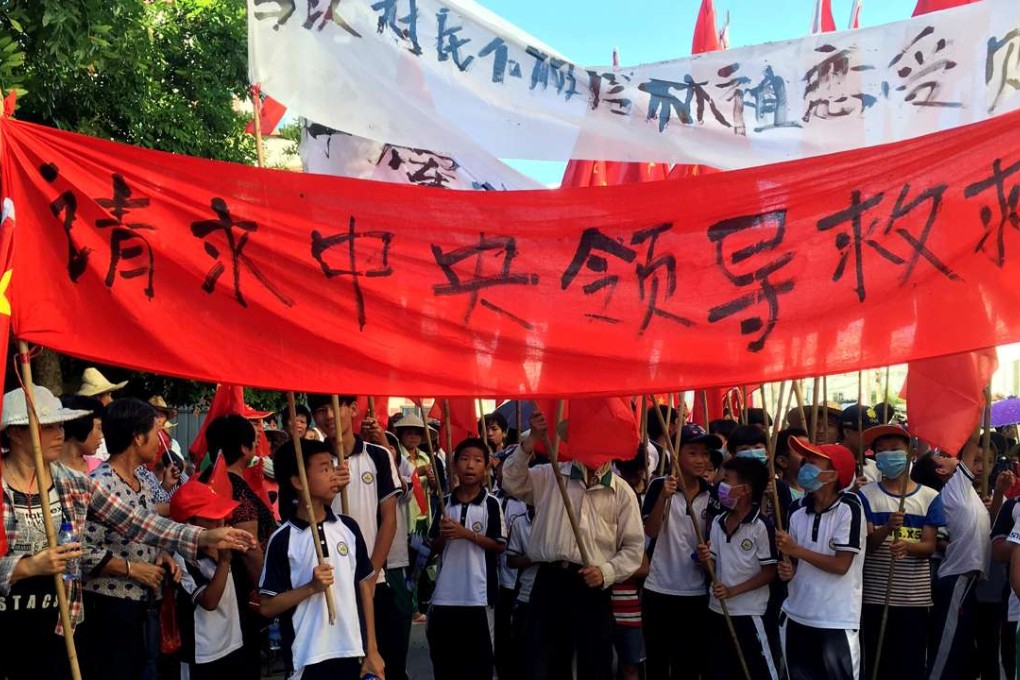Authorities must solve the Wukan land dispute through compromise
Given that land disputes remain so common, the government needs to see that the Wukan issue is handled transparently and fairly according to law

The southern Guangdong village of Wukan is in the international news again, this time for the wrong reasons. More than four years ago, intervention by the provincial government in a three-month revolt against local officials by residents over land grabs led to free elections that were supposed to usher in management of their own affairs. It was hoped Wukan would become a model for resolving land disputes and not an exception made to end a confrontation in the global spotlight.
Now it appears the model itself is broken. Villagers claim corrupt land grabs are worse than ever. The authorities detained the elected Communist Party village secretary Lin Zuluan, 70, in a midnight raid before he could deliver a planned speech at a protest meeting. They have since released a video clip of him admitting taking bribes, which villagers believe was forced. Two Guangzhou-based rights lawyers say judicial authorities have told them not to get involved. Except for the mysterious death in jail of a then village leader during the 2011-12 troubles, the latest events sound familiar.
The underlying reasons for the unrest remain the same. Conciliation rather than confrontation also remains the best response. Villagers are adamant Lin is innocent of wrongdoing. Video-taped admissions of guilt smack of trials by television featuring confessions, sometimes later retracted. The lack of transparency and due process does nothing for official credibility.